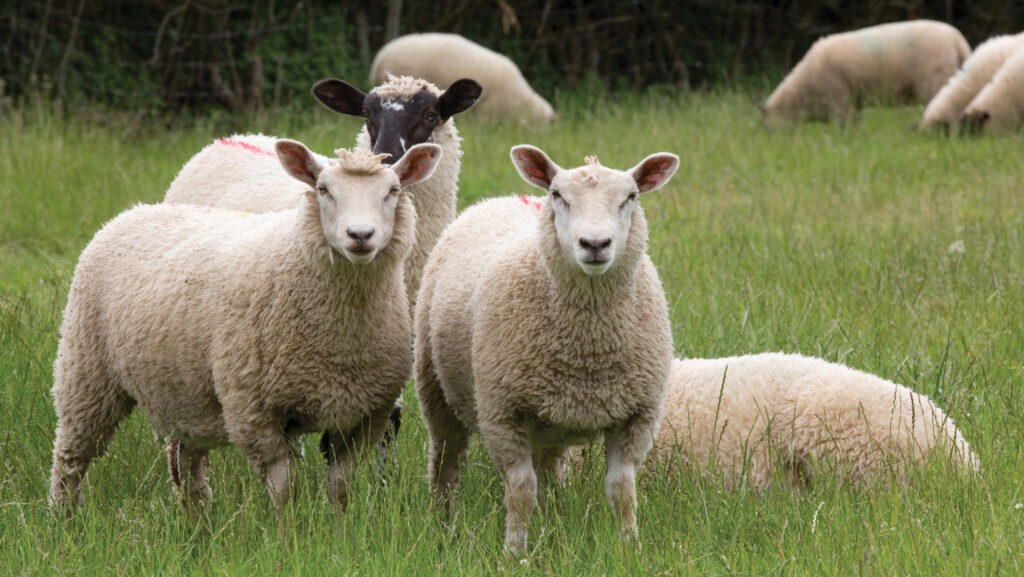Weight pays as lambs plummet £20-£30 a head
 © Tim Scrivener
© Tim Scrivener A seasonal fall in lamb prices has left heavy sorts in demand and sparked debate about breeding ewe trade after taking 30-60p/kg off many entries in the past week.
Trade fell 5-10p/kg each day last week and appeared to settle at a new level of 300-310p/kg on Monday and Tuesday (1-2 July).
Traders are unsure whether prices have plateaued.
See also: Beef prices set to rise into 2025 as supplies tighten
Farms faced with challenging grazing conditions and high creep costs (£320-£350/t) have struggled to hit higher weights.
This means lambs at 44-45kg or more have attracted some of the keenest bids.
Some reasons for the drop in trade include:
- Export demand Lambs are hitting the market on the Continent and better weather and holidays are limiting demand.
- Numbers lift Market throughputs were 16% higher last week (after haymaking weather the week before), rising to 58,000-head. June, overall has been quiet, with slaughtering back 38% on the year.
- Weak Euro French political uncertainty is contributing to a euro being 3p weaker on the year (at 84p at the end of June), making British lamb slightly more expensive. Election results both sides of the channel may change this.
Paul Ashton, of Greenslade Taylor Hunt, said some Sedgemoor vendors are weaning now because ewes look worn out due to the persistent rain earlier in the year.
“This should slow lamb supply down in this area,” he said. “And many are saying they aren’t going to creep them.”
Despite the falling market, he was hopeful next week’s (11 July) breeding sheep would average the equivalent of 1.5 prime lambs (£240-£250 a head).
“We have about 2,358 to sell next week, which is 1,500 down on last year and 3,500 down on 2021.
“Many people cashed in ewe lambs on the hogg trade for £30 more than they made for them last year, saved on £20 worth of costs and are already £50 better off.”
Bentham Auction Mart sheep auctioneer Greg MacDougall said some lamb producers had indicated that they may hold on to lambs this year, with Ramadan coming earlier in March.
Stephen Kirkup, of Stephen Kirkup Livestock, said supermarkets had shown some resistance to high lamb prices, considering higher-margin products for shelf space.
“Lambs were back in number in June, but there are less of them full stop,” he said.
